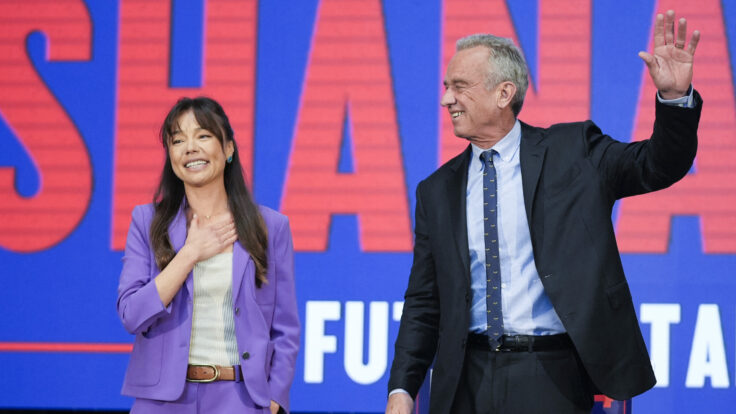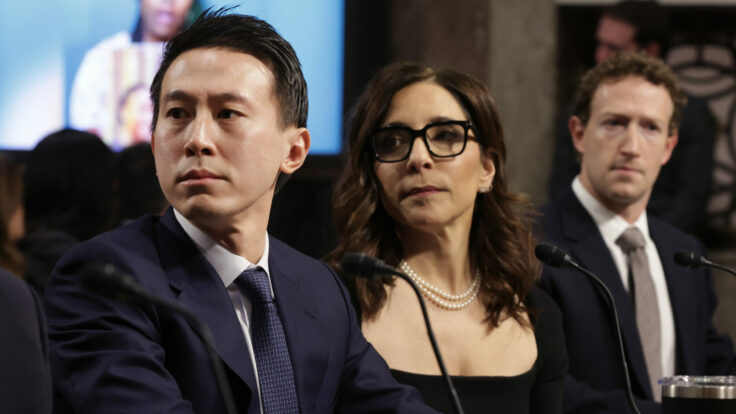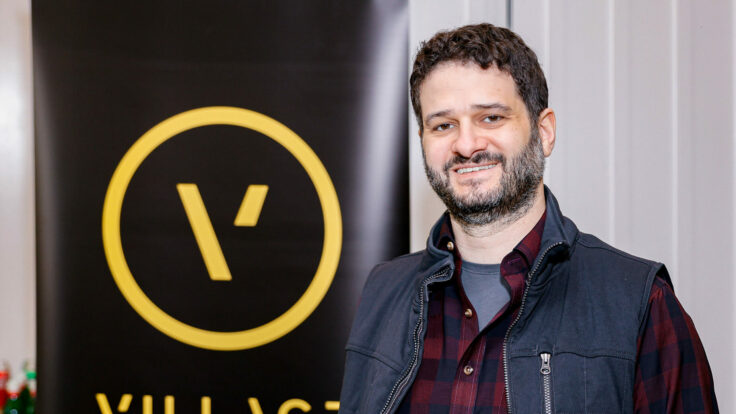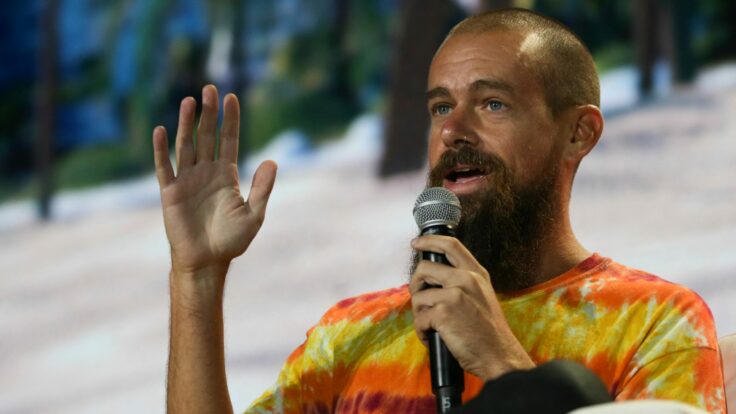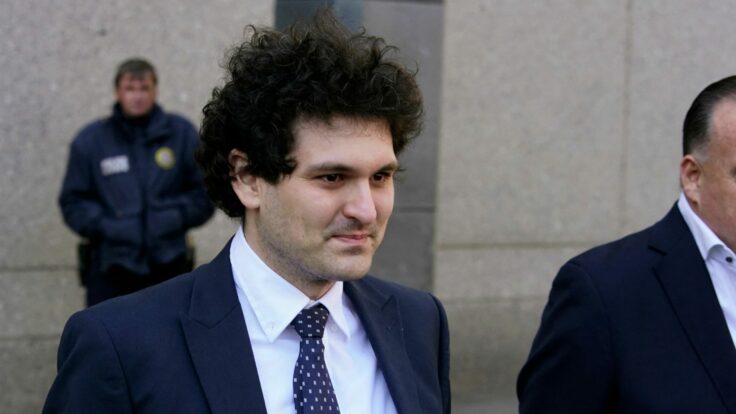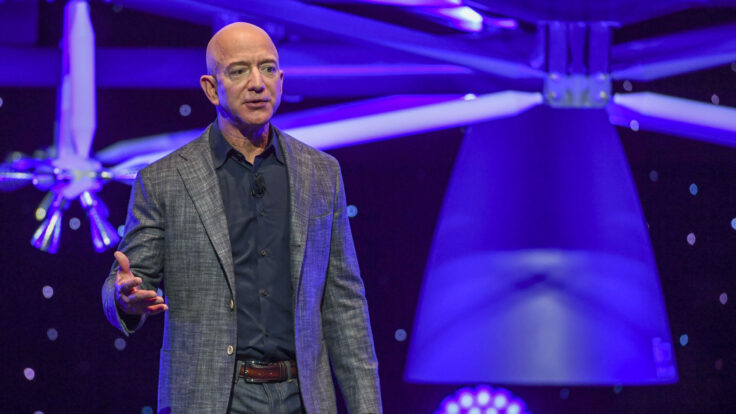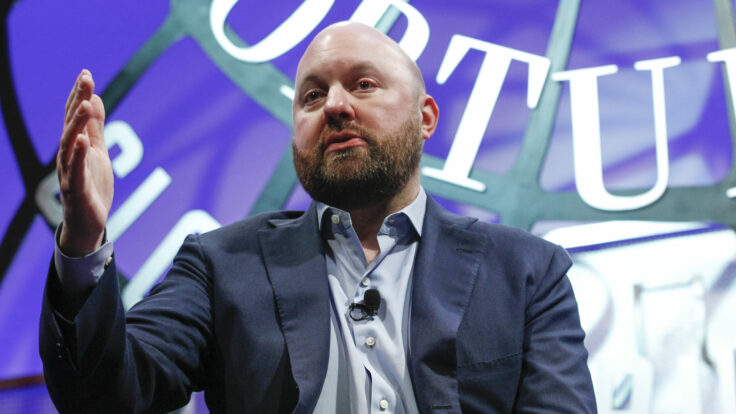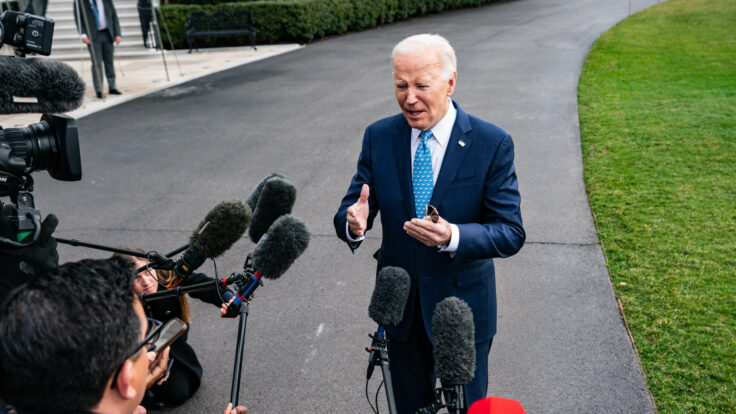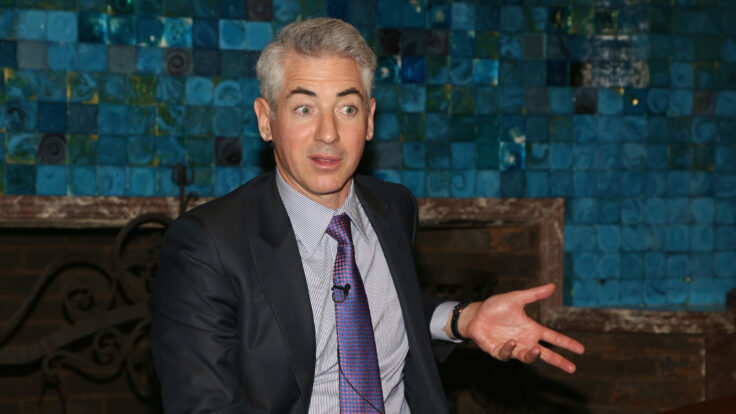Every political mega-donor plays the game in their own way. Some are more transactional, hoping to marshal their access to defang regulators who may one day investigate their companies. Others are more myopic, lured by a photo for their office, an internship for their kid, or an ambassadorship for themself. Old-guard Silicon Valley powerbrokers like Eric Schmidt and Ron Conway have leveraged their influence into political-economic puppeteering in debates over the future of China and San Francisco. But now a younger generation that subscribes to a new kind of governing philosophy —called effective altruism—has arrived, and they’re trying to bring the same mastery that they deployed when buying anti-malaria bed nets to the more cutthroat arena of Democratic politics.
The twin powers of effective altruism are two millennial billionaires: Dustin Moskovitz, the Facebook co-founder and C.E.O. of the newly-public software company Asana; and Sam Bankman-Fried, the founder of the cryptocurrency exchange FTX and the wealthiest person in the world under the age of 30. He’s known as S.B.F., or, sometimes cheekily in the world I cover, as “The Next Dustin.” The pair do not formally work together or talk much, but they are ideological brethren—apostles for a philanthropic gospel that calls for donors to (over)rigorously and quantitatively evaluate how much each dollar they give can reduce suffering. Perhaps most important, the current Dustin and the next Dustin are conjoined in a loosely-coordinated effort, backed by a combined $60 billion fortune, to convince Washington lawmakers not to leave America so defenseless for the next pandemic.







